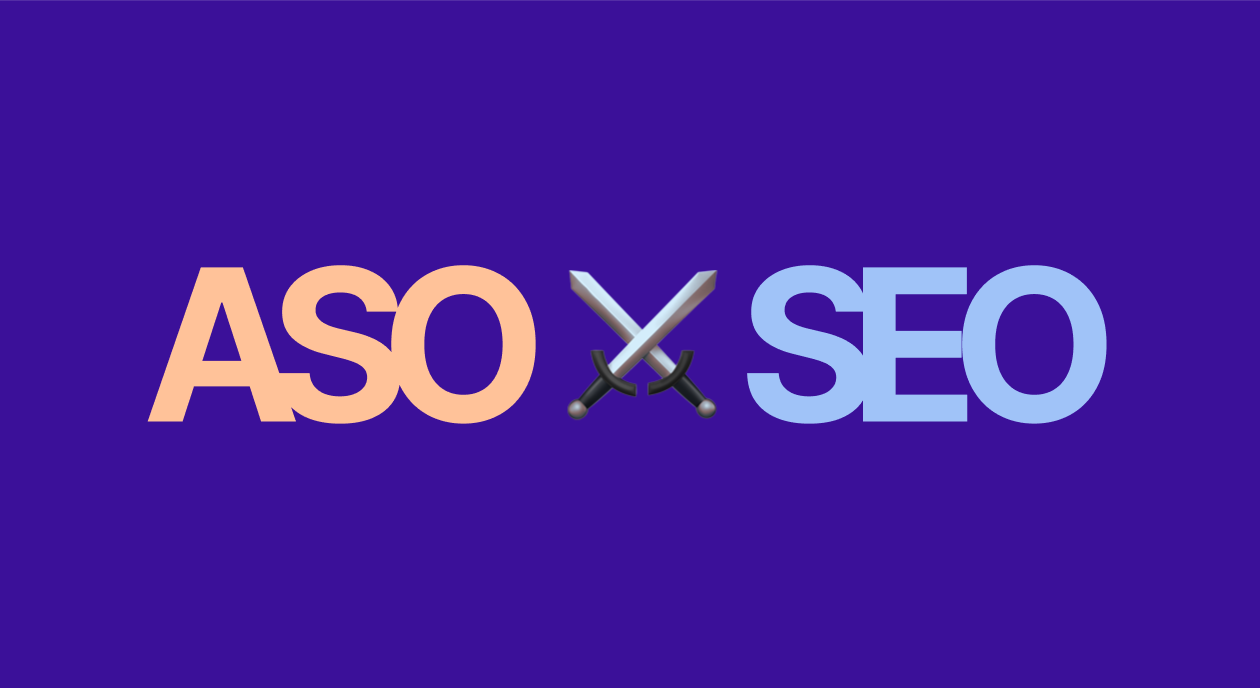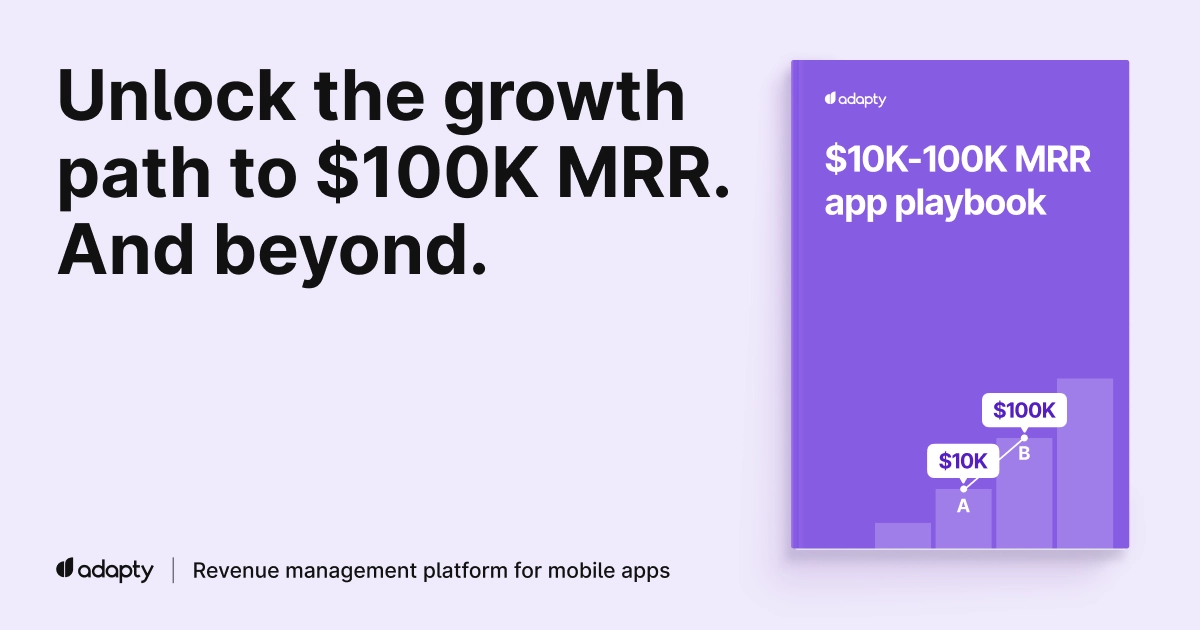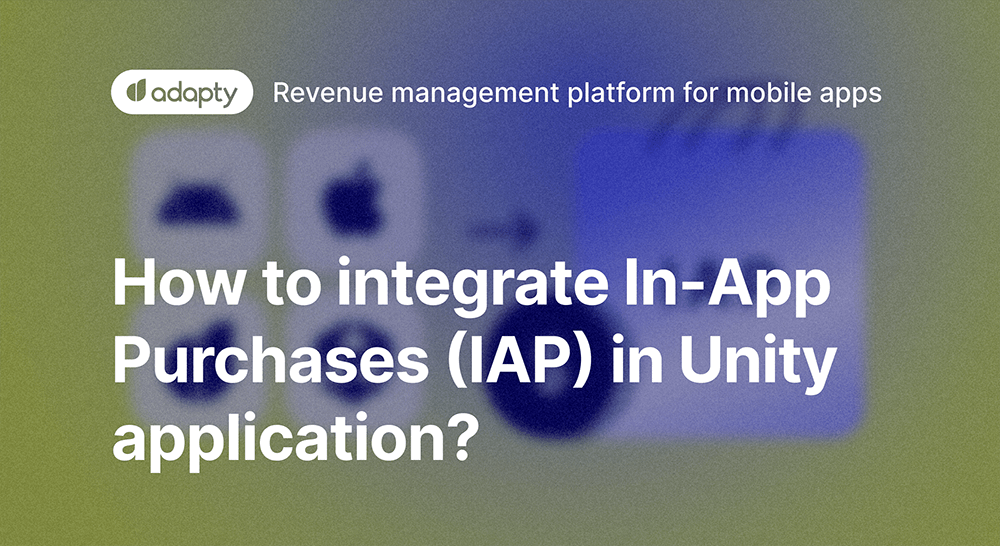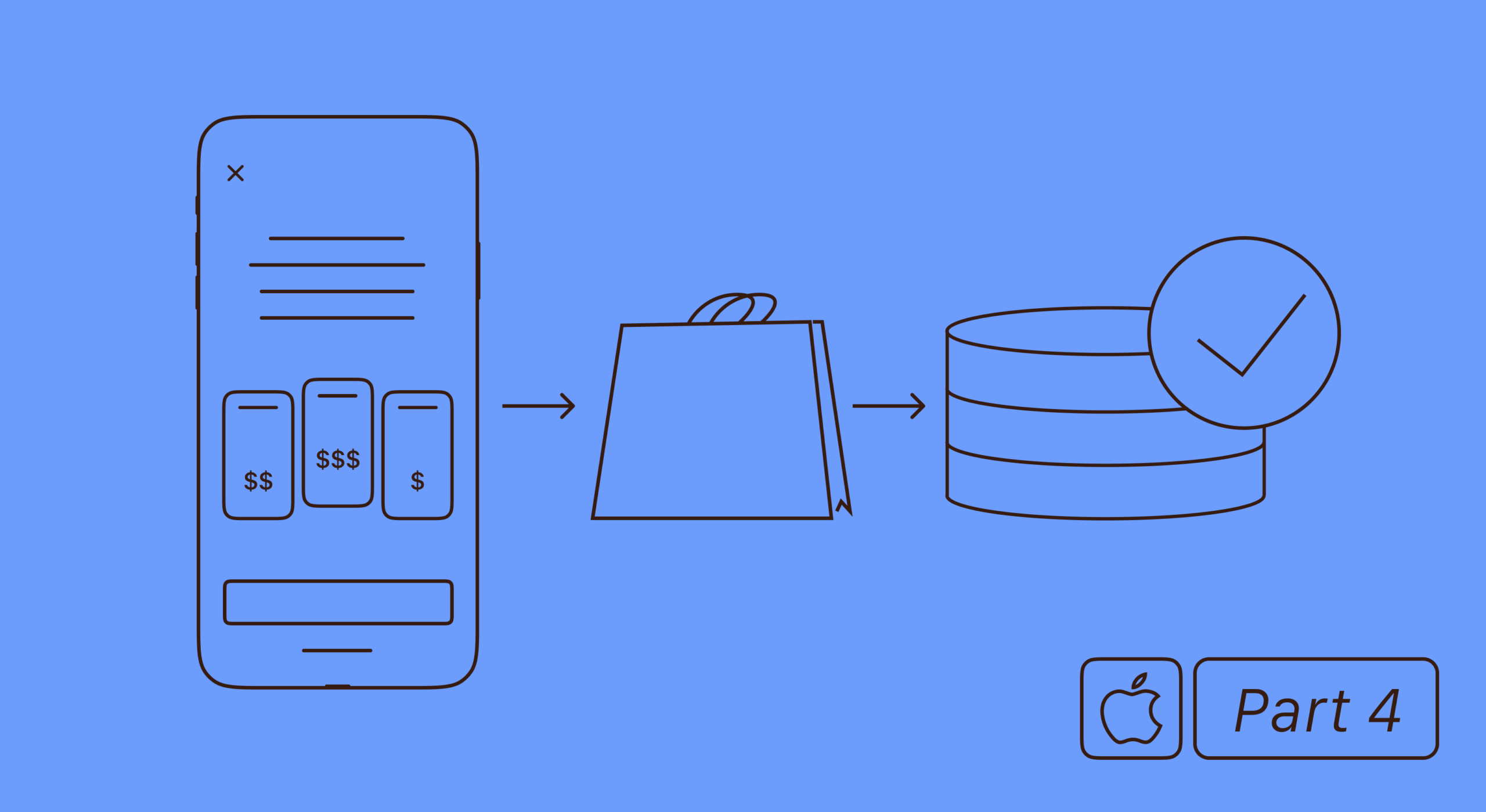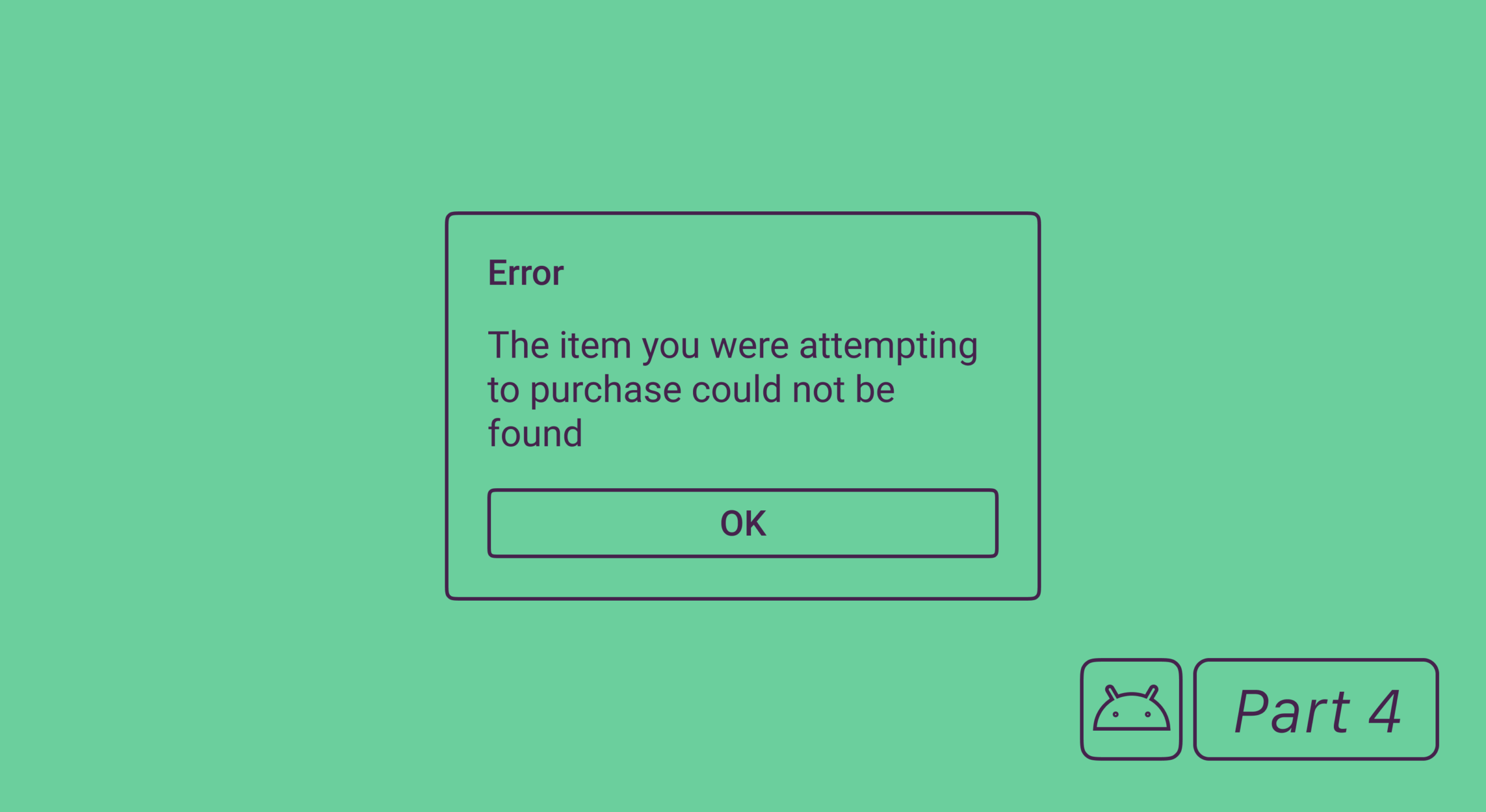Is app store optimization (ASO) the same as search engine optimization (SEO)? Is app store optimization simply the term mobile app marketers use when they mean search engine optimization for mobile apps? In other words: Is ASO “SEO for mobile apps?” Or do ASO and SEO differ? And if they’re different, and if you sell your app exclusively through Google Play or the App Store – like most apps – can you simply avoid SEO and invest all your resources in ASO?
Both app store optimization and search engine optimization boost app discoverability, but they’re different digital marketing disciplines and apply to different ecosystems. While app store optimization applies to Google Play and the App Store, search engine optimization applies to search engines like Google and Bing. Both have their place in growing a mobile app.
In today’s primer on app store optimization vs. search engine optimization, we’ll review their similarities and differences and see why and how both have their place in an app growth mix.
Here goes.
What is ASO?
App store optimization is the process of optimizing a mobile app’s listing so that it gets more visibility in the app stores, resulting in more downloads (or purchases). Unlike forms of marketing like advertising, app store optimization focuses on organic visibility, so here, you don’t pay anything. Instead, the app stores automatically show you organically for relevant searches or in their different sections.
Both app stores have their own ranking algorithms for showing apps in search results or in their other featured areas. While none of them share the elements their algorithms use for ranking or featuring, things like the presence of keywords in the app title or copy matter the most.
App stores also consider factors like the number of downloads when deciding which apps to show. It’s also suspected that in-app purchase behavior is used too (probably because it indicates an app’s overall quality or value).
Finally, things like reviews and ratings directly impact app store rankings.
App store optimization means working on all of these.
What is SEO?
Search engine optimization is optimizing a mobile app’s website to get more visibility on search engines, resulting in more traffic to the website and eventually leading to more downloads (or purchases). Unlike forms of marketing like advertising, search engine optimization focuses on organic visibility, so here, again, you don’t pay anything.
Like the app stores, even search engines don’t share their ranking signals, but on-page SEO remains the most crucial. So, writing quality copy with keywords in places like a website’s title and URL matters.
App stores also consider backlinks when deciding which mobile app websites to show for a search. In fact, backlinks are the single most important off-page SEO factor. On-site behavior is considered too (via metrics like time on site).
Finally, technical SEO-things like a website’s speed, security, and performance – impact search engine rankings.
Search engine optimization means working on all of these.
The differences between ASO and SEO
A lot of people discover your app through search. So if you want to grow your mobile app, you need to optimize for search. However, not all searches for apps happen inside the app stores. A significant share of searches for apps happen on the web-outside the app stores.
When you talk about app store optimization, you’re dealing with app searches that happen inside the app stores: Google Play and the App Store. By itself, app store optimization can be enough to build and sustain an app’s user base.
Below, you’ve bullet journaling apps that are showing up for a relevant search inside the app store:
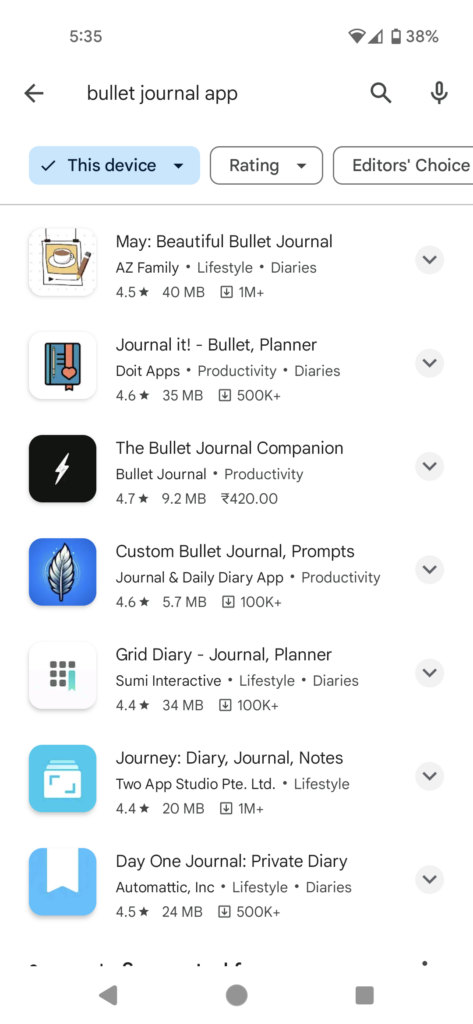
When Android users perform searches for apps on their phones, not in the app stores but using their mobile browser, again, Google automatically shows them the same results as that from the app store at the top, followed by the other organic search results. Here’s a mobile search for the same keyphrase:
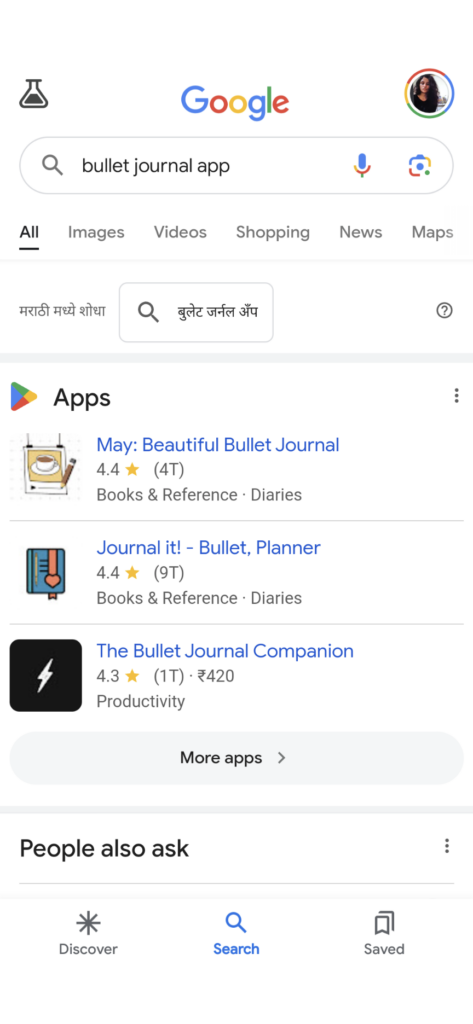
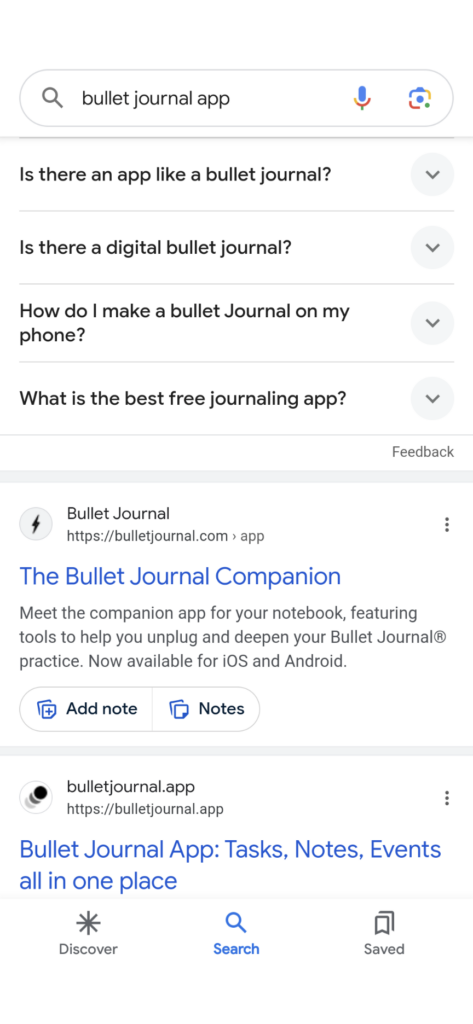
Essentially, app store optimization is about securing such app store visibility.
Search engine optimization, on the other hand, handles app searches that happen via search engines (Google or Bing, for example). Below, you’ve journaling apps showing up for the same search in Google. Again, while Google shows app store listings directly in the search results, the top result and several more on the first page also include mobile app websites:
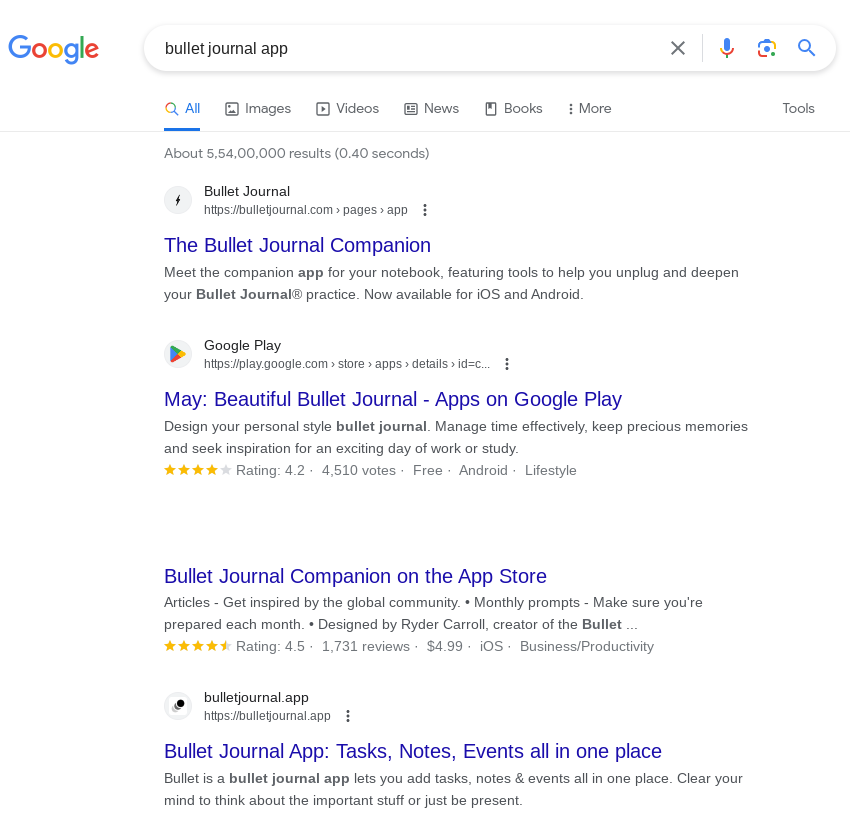
The similarities between ASO and SEO
App store optimization makes your app more visible for app searches happening inside the app stores. Meanwhile, search engine optimization makes your app more visible for searches happening via search engines on the web-outside of the app store, in other words. So, while app store optimization and search engine optimization work in different ecosystems, both still work on app discoverability. Both app store optimization and search engine optimization are about enabling people to find your app through search.
Zooming on how the different aspects of ASO and SEO work to see how they’re similar and dissimilar
ASO vs SEO: On-page optimization
ASO
When you talk about on-page optimization in the context of app store optimization, you’re essentially talking about your overall listing optimization, mainly using keywords in its essential elements like the title, short description, and long description. App stores use keywords in these places to analyze if an app is a good result to show for a specific search.
Note: Enter in-app events. With these new app store features, you can post keyword-optimized “content” so both app stores can return your events/stories for relevant store searches. While this is somewhat comparable to blogging, they aren’t the same but can help target several keywords.
SEO
When it comes to search engine optimization, on-page optimization has two parts: First comes copy. So, if you’ve built a website for your mobile app, your website copy compares to your app store listing. It’s essential to have your target keywords in your website’s title, meta description, URL, etc.
The second part is ongoing content. For effective SEO, you must routinely post fresh blog posts on your website. For a mobile app website, such blogging has three benefits:
- Blogging lets you target even more keywords. For example, if you’ve a lunar calendar app, you can write posts about, say, an upcoming eclipse or a full moon and tips to maximize it. Such blog posts can help bring interested traffic to your mobile app website… and eventually to your app store listings.
- With blogging, you can engage and retain your existing users. Content is one big reason that users get and keep their mobile apps.
- Blogging assists with multi-channel engagement too. A lot of mobile app makers email their users when they post new content.
ASO vs SEO: Off-page optimization
ASO
In the app store optimization context, off-page optimization concerns things out of your control, like ratings and reviews.
First, it’s important to get reviews. We routinely see apps with a thousand or more users and without even ten reviews. This is a missed opportunity. More reviews–more so, more positive reviews–impact app store visibility. It’s also important to respond meaningfully to reviews, both positive and negative. (We’ve covered responding to reviews in detail in our guide on handling mobile app reviews).
SEO
With search engine optimization, off-page optimization is about things outside the website.
Off-page SEO pretty much means backlinks. So, if you’re serious about getting your mobile app website to rank for your target keywords, getting backlinks from authority websites is important. There are several ways to do this. For example, if you have a productivity app, you might want to get included in Android Authority’s roundup of the best productivity apps. You get the drift.
ASO vs SEO: Technical optimization
ASO
With ASO, there’s no such thing as “technical” optimization.
SEO
When you set up a website for your mobile app, you must also invest in technical SEO:
- How fast does your app website load?
- Does it use HTTPs?
- What’s your website’s overall experience?
- Does your mobile app website have a sitemap?
- Is your mobile app website using an optimized structure?
Search engines use all these technical SEO aspects and more to rank websites. When you invest in SEO, this is one big part of it.
ASO vs SEO: Role in the conversion journey of a mobile app user
ASO
When users search the app store, they’re actively looking to download. In fact, app store searches almost always result in downloads.
SEO
When users search for an app in web engines, they’re usually in the discovery or consideration stages. For example, if a user searches for “the best lunar calendar apps,” they want to know the best options. Once they discover a few apps, they’ll likely follow up on this search inside the app store and look for the ones they found.
ASO vs SEO: Ranking factors
ASO
App stores use several factors to determine what apps to show for a search. These include the keywords used in the app listing (in places like the app title and description). App stores also use download and engagement metrics to determine if an app is a good result to show for a search. User reviews and ratings are also crucial ranking factors.
SEO
Search engines use hundreds of ranking factors when determining search results. The presence of keywords in the website copy and quality content are important. A good backlink profile is crucial, too. Finally, technical factors like a website’s mobile-friendliness, speed, security, and overall user experience are considered.
ASO vs SEO: Tracking and KPIs
ASO
With ASO, you’ll measure metrics like app store rankings for your relevant keywords to gauge your overall app visibility. You’ll also look at your conversion rates to see how well your listings are converting. Because app store optimization also includes optimizing ratings and reviews, you’ll monitor these, too.
While both the app stores come with basic analytics, you might need to invest in a monitoring tool like Data AI (formerly App Annie). This helps with keyword research as well.
SEO
With SEO, you’ll measure your search engine rankings for your target keywords, your search/organic traffic volume, and the traffic you route to your app store listings.
You’d also monitor on-site behavior, like time on page or bounce rate.
While Google Analytics is the most ubiquitous analytics platform, several paid alternatives come with great features, including those for keyword research.
ASO vs SEO: Resources and budgets
ASO
When you talk about ASO, you’re looking at one significant upfront investment. This includes everything from the initial keyword research to developing graphic collaterals (like the app icon and screenshots or video) and copywriting. Once you’ve put up a listing, most of your ASO bandwidth goes into further optimization, primarily via experimentation. For example, you can test another short or long description for your app or change its icon or screenshots. Alternatively, you can experiment with localized listings. You might also need to optimize your listing for things like seasonal marketing. If you work with in-app events, they represent another ongoing ASO investment.
SEO
Similarly, for SEO, setting up a mobile-friendly website that’s speedy to load and has keyword-optimized copy that converts takes up significant bandwidth upfront.
Beyond these, ongoing content creation needs sizable funds.
Building backlinks is another SEO area that takes significant bandwidth.
What do you need to grow your mobile app? ASO or SEO? Both.
Search is an important app discovery channel. And because both app store optimization and search engine optimization work on it, both can help you grow your app organically through search.
That said, you should prioritize app store optimization when you’re just starting. That’s because even with simple keyword optimization, i.e., setting up a listing that uses the right keywords that potential users might search for inside the app store, you can improve your app’s chances of showing up in the search results. When web searches for apps happen, again, search engines will match the search keywords with your app’s profile and show your app’s Play Store or App Store listing directly in the search results if there’s a good match (among other factors). All of this is entirely possible through app store optimization. So, app store optimization is the most important.
When you’ve sorted your app store optimization, build a website for your mobile app and start with SEO. SEO can help you grow your app by letting you tap a good share of web searches. This can expand your user base significantly. SEO also enables you to rank your website on the web even if it isn’t ranking inside the app store. However, if you want to confirm if SEO is worth the effort, do a few web searches and see how your competitors approach SEO. That should help.
Wrapping it up…
As you can now tell, both ASO and SEO have their place in growing a mobile app.
ASO helps you bring your app before those “ready-to-download” users inside the app store, directly impacting your user base. In contrast, SEO enables you to reach many more users who can eventually download your app. So, while you’ll start with ASO, eventually, you should invest in SEO for holistic growth.
Note that both are “always-on” mobile app growth initiatives that require continuous optimization and strategy adjustments. Both are subject to fluctuations as search algorithms change. Both are long-term commitments that take time to show results.
Also, while ASO and SEO will get you more app downloads, downloads are only a top-funnel metric for apps monetizing with in-app purchases. Understanding how users you acquire behave in the long term is essential. Analyzing their buying behavior holds the key. Here’s where app revenue analytics solutions like Adapty help. With Adapty, you can easily zoom in on your organic user segment and monitor their in-app purchase behavior across their entire app journey. Insights you learn from these can help you finetune your search channel strategy for both ASO and SEO. So, make sure to include analytics in your ASO and SEO mix. Check out how Adapty can help.
